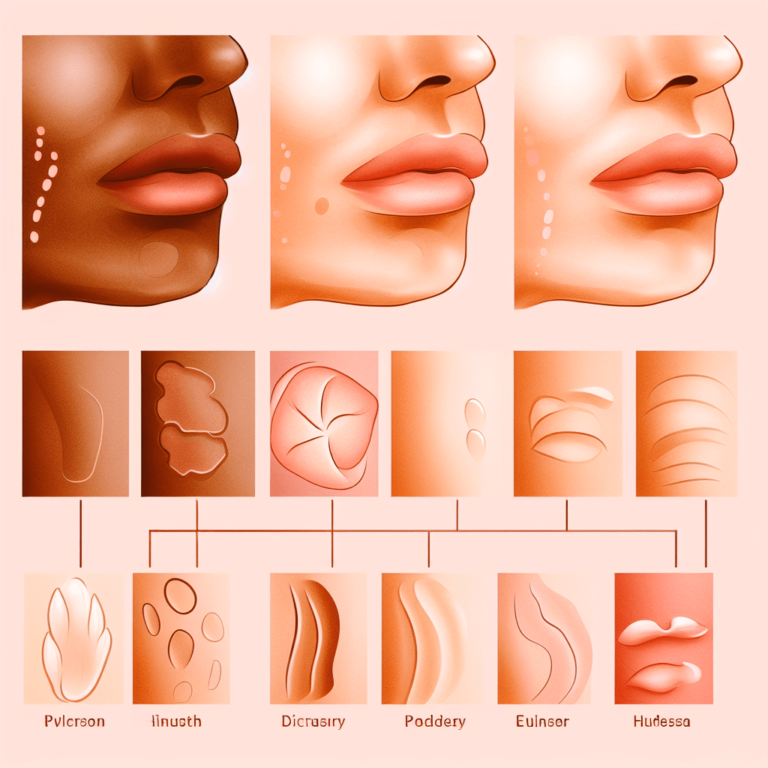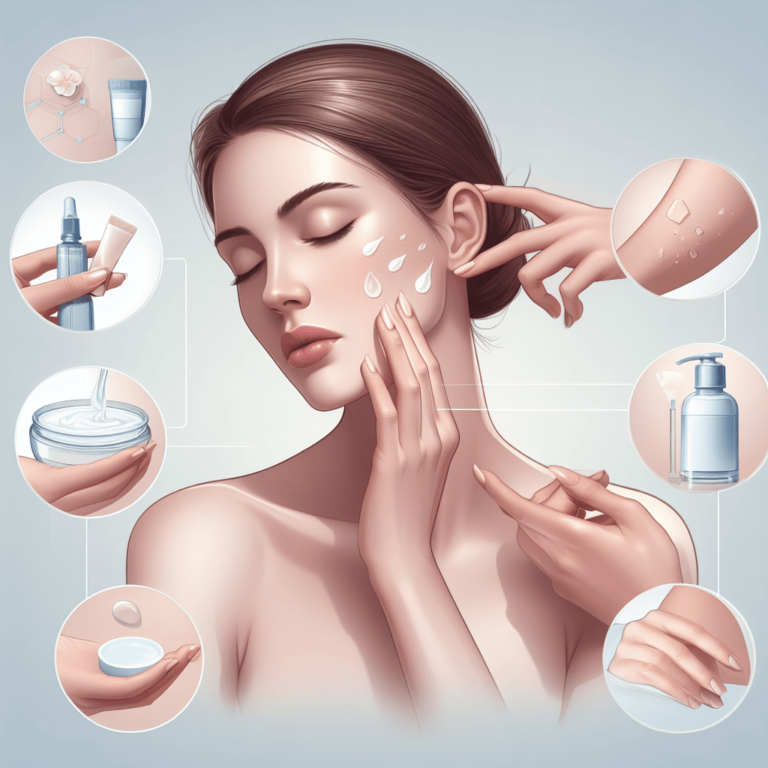How Pore Clogging Is Algin?
Algin, often used in skincare formulations, has implications for pore health. Let’s delve into the relationship between algin and its potential impact on pore congestion.

1. Algin in Skincare
Algin, derived from brown algae, is a common ingredient in skincare products due to its hydrating and emulsifying properties.
2. Non-comedogenic Nature
Algin is generally considered non-comedogenic, meaning it doesn’t inherently clog pores. Its lightweight texture makes it suitable for various skin types.
3. Algin’s Hydration Benefits
Algin’s hydrating properties help maintain skin moisture without contributing to pore congestion, making it favorable for skincare formulations.
4. Pore Clogging Concerns
While algin itself isn’t known to clog pores, skincare products containing algin might contain other ingredients that could potentially lead to pore congestion for sensitive or acne-prone skin.
5. Compatibility with Skin
Individuals with specific skin sensitivities might react differently to skincare products containing algin. Patch-testing new products is advisable to assess their compatibility.
6. Prevention and Management
Choosing skincare products with algin that are labeled non-comedogenic and suitable for your skin type can help prevent potential pore issues. You should always check the ingredients using Pore Clogger checker tool.
7. Seeking Expert Advice
Consulting a dermatologist or skincare professional can provide personalized recommendations regarding skincare products containing algin, especially for those prone to pore congestion.
Conclusion
Algin, commonly used in skincare for its hydrating properties, is generally considered non-comedogenic. While algin itself isn’t known to clog pores, it’s essential to consider the formulation and additional ingredients in skincare products to prevent potential pore-related concerns based on individual skin types.






